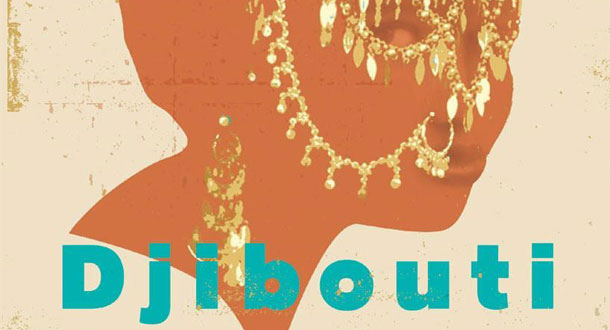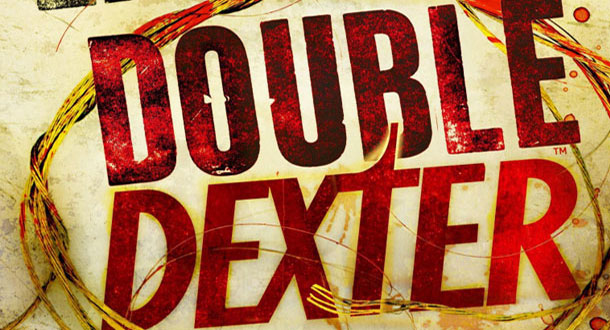Most of us who write and spend time with writers know any number of people we love who just cannot get their books done. They have an idea of what they want to do, they sit down to write, they revise. They’re focused and loyal to their work and yet they never finish. There are myriad reasons for why they feel stuck from bills to family obligations to time, and whatever it is they cannot let go. I have empathy for them, especially as I do not get stuck in these ways, and wish these comments to be as far from judgmental as possible.
Which is to say, while I understand bills, family and time, all of which can be detrimental for both getting to our work and getting it done, there is a group within this group which I am confused by: those who refuse to allow themselves to be done, caught as they are in the desire to keep crafting and perfecting the work before them, seeking to mold it into something glorious when they have in fact already achieved that.
This I don’t quite understand, and I wonder what those writers would make of the engrossing and much of the time brilliant Refuse to Be Done: How to Write and Rewrite a Novel in Three Drafts, the craft book on writing by Matt Bell? This is a book that implores you, even pleads with you to not finish your novel until it feels perfect, and reminds you that “Composition of one unimpeachable sentence in work of any length should be considered a victory.” (page 75) It also suggests that you can cut the word “that” when looking to tighten the book itself, not that I have here, because (and see more on the word because below), it is a “weasel word” and “a crutch” and why not use less words, especially the unnecessary one, as opposed to more? (page 141)
Bell also implores the reader, “If only to yourself, if only in the tiniest whisper, say it: I am writing a novel,” on the first page of the book, and I love this.
Why do I love this? Because I want writers to say this to themselves, and manifest, if not believe it, or they’ll never get started, much less finish, something Bell well understands. He also understands that we don’t need to use the word “because,” or at least stresses that “wherever because appears, it’s often followed by your need to explain what precedes it,” and there is an argument for breaking-up logical relationships to allow the reader to explore the logic gap for themselves (page 137).
Which is to say something that may be obvious at this point: Bell really knows what it looks like to build a novel from scratch and then do the work of molding into something tight, paced well and engaging. Which many of us already know from reading his work. He also lays his ideas it out like a craftsman (pages 3-4).
The opening chapter covers the “First Draft,” a focus on what Bell calls “generative revision,” which he describes as “the kind of rewriting that will help you continue drafting and eventually finish the first version of your novel.”
The second chapter is, yes, about the “Second Draft,” or narrative revision, and “the big decisions you’ll make during this draft will be about how to restructure and rewrite the dramatic material of the story to maximal effect.”
Finally, the third chapter pertains to the “Third Draft,” also known as the “polishing revision,” and “a layered approach to “final” edits.”
The final edits, or how we get it done, which is where I started all this in the first place.
Bell wants you to squeeze every bit of beauty out of your work and I love this too. Full disclosure, I picked-up this book for research purposes, and yes, Bell talks about research as well, particularly in relation to what he refers to as “art life” as opposed to “lived life,” both of which you can read about under the “Feed the Imagination” section of the book starting on page 27.
But back to me…I have a completed draft of a novel that I want to be something else, something faster paced, leaner, and I already write lean, yet with more dread, tension and momentum as well. I wrote a character study and I want something more elevated in terms of speed and commercial possibilities. Something a reader can’t put down, even if they need to look away. I don’t know how to do that. Bell does and I want to consume whatever he believes must be done to achieve this. His tips in the second and third chapters, and there are so many good tips, are exactly what I need, including this: “I write a full outline of the novel, outlining what already exists…the aim here is to discover what you’ve already done…once my outline is complete, I revise it, not the novel, until the outline becomes a plan for the better book I want to write.” (pages 83-84)
Bell doesn’t start with an outline, but he does craft one midway through. Brilliant.
Also, he’ll tell you why to eschew the use of “but,” and I’ll encourage you to go find out why this is so, though please note it falls under the same thinking as the use of “because.” The thing is, I’ll encourage you to go find out all his tips, they’re endless and wonderful. Also, as I find in the workshops I teach and with clients who do all kinds of work writing and otherwise, there are any number of informal actions you already take and haven’t yet taken the step to formalize them and make them a practice. Bell has, and you can pick and choose what you want even as you recognize that there are elements in the book that you’ve been doing already, you just haven't named or taken the time to ritualize them yet.
All of which is to say, I felt energized reading Refuse to Be Done. I also felt hopeful. I know what I want to do and now I believe I can do it better. I know you can too. You have to be able to let go at some point, because at some point you’ve done the work. You’ve revised and re-written, outlined, looked at paragraph, sentence and chapter length, moved things around and gotten granular with all points of the narrative. You’ve refused to be done, good, and then you have to refuse to not let it go. I hope the book can help with that, but that’s on you, writer friend. However if you trust Bell as I do to get to the final word, treat it as the last word, be done with it, and refuse to keep going. There will be more books awaiting you, something both Bell and his readers know to be true as well.
Get Refuse to Be Done at Bookshop or Amazon

About the author
Ben Tanzer is an Emmy-award winning coach, creative strategist, podcaster, writer, teacher and social worker who has been helping nonprofits, publishers, authors, small business and career changers tell their stories for 20 plus years. He is the author of the soon to be re-released short story collection Upstate and several award-winning books, including the science fiction novel Orphans and the essay collections Lost in Space: A Father's Journey There and Back Again and Be Cool - a memoir (sort of). He is also a lover of all things book, taco, Gin and street art.






